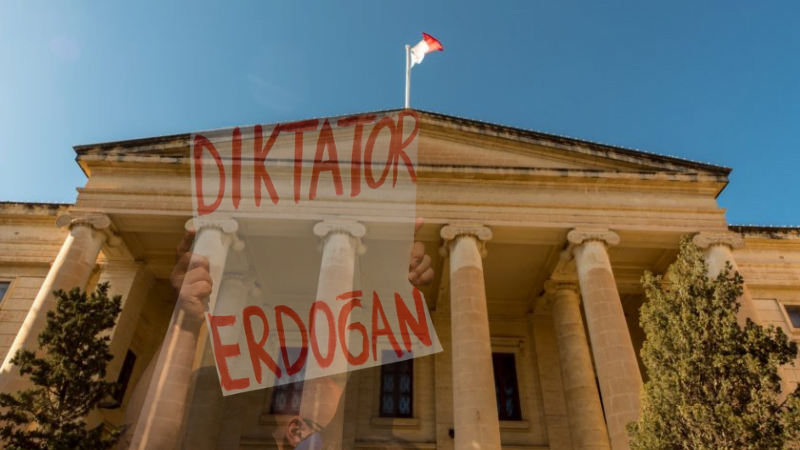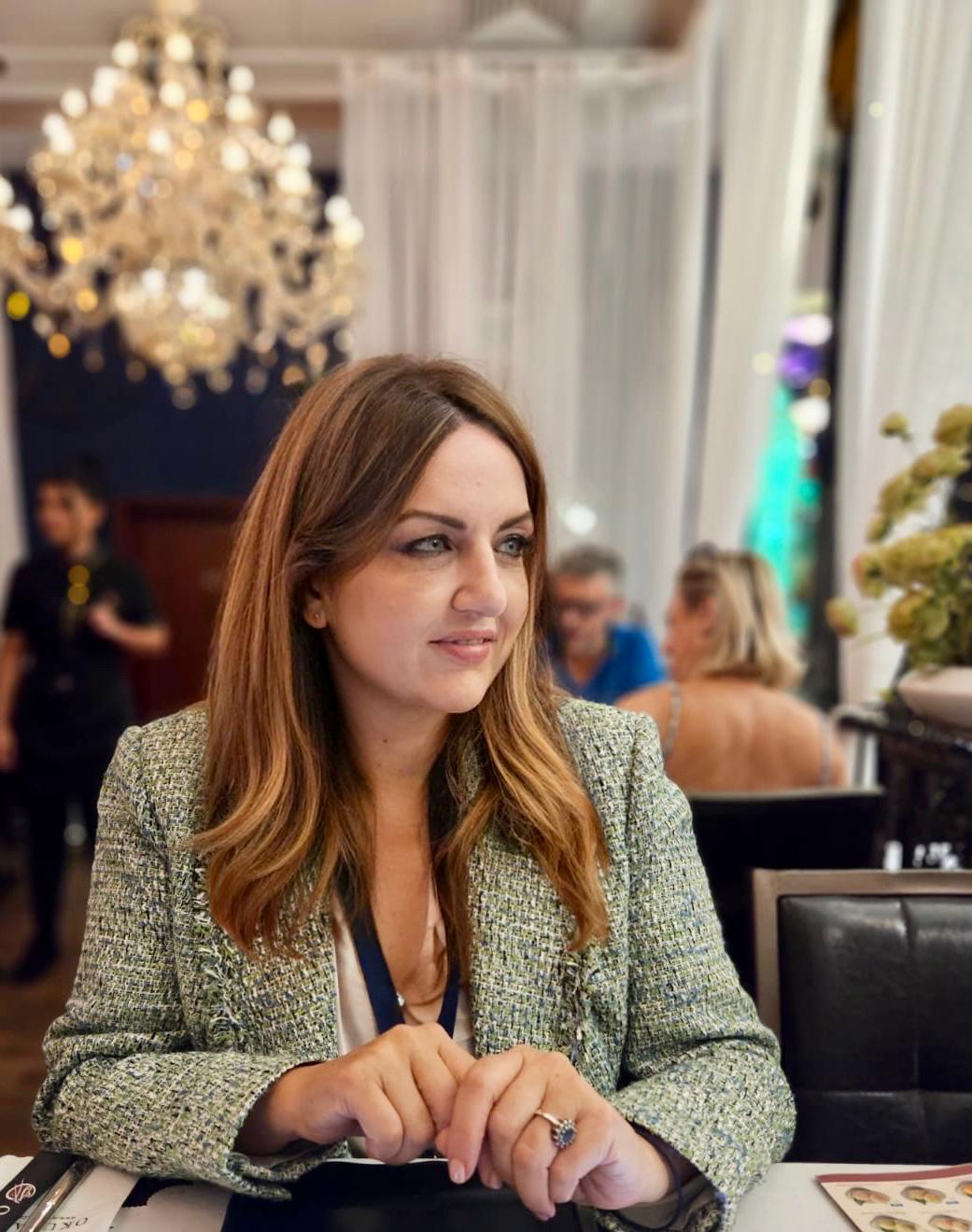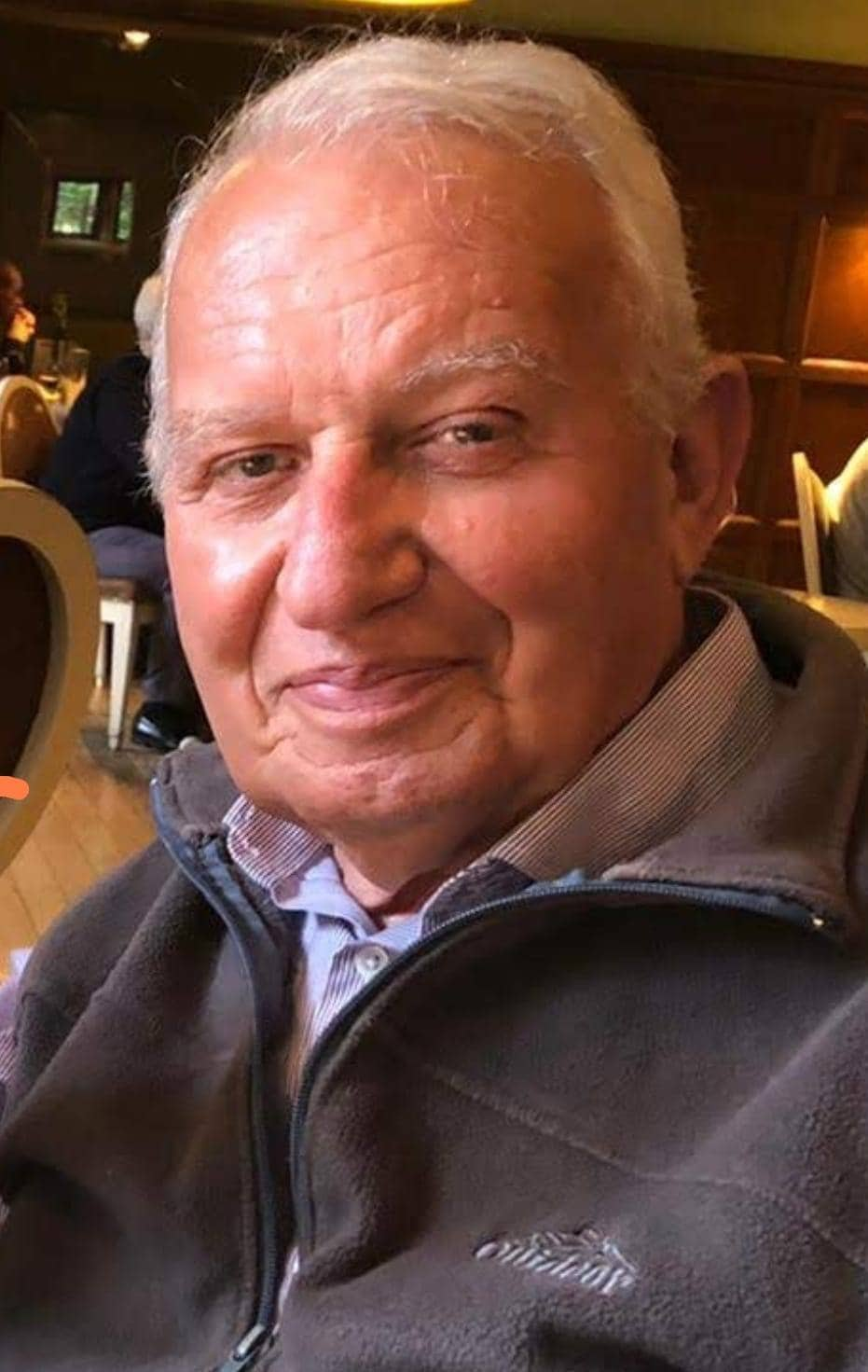Two Turkish women, Rabia Yavuz and Muzekka Deneri, were sentenced to six months in prison this week for forging identity documents and attempting to use them to travel.
The screams of their toddler children reportedly echoed through the court during and after the session.
Legal aid defence counsel Christopher Chircop explained that they were teachers fleeing the aftermath of the failed 2016 coup in Turkey in search of a better life for their children. The women had been in Greece but were unable to renew their residence cards and, through desperation, hoped to reach Belgium.
The police, however, said they were suspected of being involved in other more serious crimes.
But this story and series of events is not a new one.
Turkish citizens fleeing Erdogan’s wrath
In 2016, a faction within the Turkish Armed Forces attempted a coup d’etat against state institutions and the government of strongman President Recep Tayyip Erdogan. The masterminds have never been identified, but Erdogan blamed the cleric and businessman Fethullah Gulen and his followers.
He designated them as a “terrorist organisation” and began cracking down on the army, police, teachers, activists and journalists. In the years since the attempted coup, tens of thousands have been placed behind bars with little regard for human rights or due process.
Gulen, exiled and living in the US, has denied any involvement. Furthermore, his network of schools in Turkey and abroad were targeted by the government, who sought to shut them down and arrest their teachers en masse.
Speaking on condition of anonymity to The Shift, a Turkish citizen living in Albania explained how he had to flee the country after the attempted coup. He now works in a Turkish-owned school that Erdogan has claimed is Gulen-affiliated.
“They have raided the school, once without warrants and while children were there. They filmed the children and teachers and seized parents’ records. They are trying to intimidate us and shut us down.” he explained.
He also detailed how he would soon be forced to either use false documents or seek asylum. “My Turkish passport is set to expire; the government will not renew it. I cannot even go to the embassy. This means I lose my residence in Albania and become a stateless person. What can I do?” he said.
He explained how some of his colleagues have already escaped with fake documents after facing having their passports seized or being told they cannot renew them.
“If I go back to Turkey, they will put me in prison immediately. They have harassed my elderly father in Turkey and made him report to the police station every day, just because I am his son,” he continued.
Using false documents to escape persecution
In recent years, there have been several instances where Turkish nationals using fake documents have been caught at European borders, trying to flee what they say is persecution in Turkey.
In 2019, Turkish Citizen Harun Celik was arrested at Tirana International Airport in Albania for entering the country with a fake passport. He tried to seek asylum but was refused and was deported without being allowed to exercise his right to appeal the decision. Celik’s whereabouts are currently unknown, but it’s believed he is in prison.
The Albanian Ombudsman found that all law enforcement agencies involved in Celik’s deportation had violated the law and several international conventions. They also confirmed that he was deported without a court order.
Then, in 2020 Selami Simsek, who was arrested at the same time as Celik, was sentenced to a year in prison for falsifying travel documents. He then sought asylum as he fears his life is at risk in Turkey. He told the media he had been trying to apply for asylum for several months but had not received acknowledgement from the authorities.
Eventually, the state refused his application, but he was able to appeal. In February of this year, he was granted the right to remain for the time being, at least.
UN uncovers secret deals to forcibly return refugees
The United Nations investigated and found that the Turkish government had signed several “secret” agreements with various governments which would enable “extraterritorial abductions and the forcible return of Turkish nationals.”
They found that more than 100 citizens had been forcibly transferred, and 40 had been subjected to “enforced disappearance,” including children. Evidence suggested these individuals, including minors, were arbitrarily detained, ill-treated, and even tortured once they returned to Turkey.
Similar incidents have also been reported in Kosovo, Kenya, Ukraine, Pakistan, Lebanon, and Bosnia and Herzegovina.
The Director of Research at Freedom House, Nate Schenkkan, noted that Turkey exerted pressure on countries that relied on it for financial, political, or humanitarian support.
The case of the two women sentenced yesterday follows an all too familiar pattern. They were arrested while using fake documents, stated they were fleeing persecution in Turkey, didn’t or were unable to ask for asylum, and have been sentenced to imprisonment for travel document offences.
As per the countless examples seen in other countries, the next step of the process will be the deportation of them and their children back to Turkey when their sentence is up. In Turkey, what awaits them is either no trial or a sham trial, imprisonment, and inhuman treatment. There are also risks of torture and disappearance.
Furthermore, in April, The Shift reported on Turkish citizen Mubariz Mansimov Gurbanoglu who is facing various charges in Maltese courts regarding defaulting on a loan from a Russian bank.
He claims Malta has no jurisdiction to hear the case and that the matter is politically motivated and due to a conspiracy between SOCAR (the Azeri-state owned energy company also involved in the Maltese Electrogas Consortium scandal) and Russian oil company Lukoil.
The Maltese government has long nurtured a relationship with Turkey, including investment, tourism, food, and business opportunities between the two countries. In 2019, Turkish Vice President Fuat Oktay said that “defence and security sectors” were also interesting areas of cooperation.















Strange court decisions :
While this Turkish woman was caught with false document she killed no one, the magistrate felt that she should be sent to prison for six months.
While in another recent court decision the magistrate on the bench dealing with a case of the home brought down of Miriam Pace who was peacefully living the home at the time of the collapse, this magistrate having the two architects in the dock for negligence gave a judgement that instead of taking harder decisions this magistrate condemned the two to a number of hours to community work with no further penalties.
The bench is run by clowns and buffons.